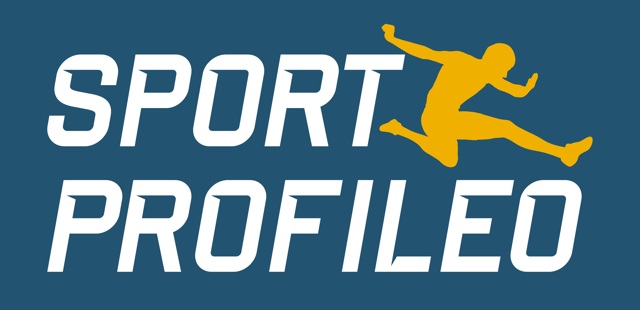The performance factors of a high-level athlete are numerous: physical capacities, technical skills, tactical sense, mental skills... And what about relational capacities? How are they linked to the success of a high-level athlete?
In team sports, but also in individual sports, the athlete finds himself at the heart of a dense network of actors: coaches, staff members, managers, potential teammates, agents, journalists, and representatives of sponsors in particular. It is also a complex web of relationships, where the boundaries between the friendly, family and professional spheres are often blurred. Relationships are also intense because the succession of preparation phases and competitions contributes, particularly in collective disciplines, to a form of closed-door relationship with team members and staff.
For those with limited interpersonal skills, daily life can be complicated. Difficult, unfulfilling relationships ultimately affect the athlete's motivation, self-confidence, concentration and ultimately performance.
Establishing constructive relationships with those around you thus calls for a wide range of relational skills, including
- Leadership, to get your message across to others and influence collective decisions.
- Altruism, to support, encourage, comfort a teammate.
- Adaptability, to fit easily into a new structure or selection.
- Autonomy, to make relevant choices for your career.
- Discipline, to be accepted by the collective.
High level athletes, like everyone else, cannot claim to be a five-legged sheep: to be the most leader, the most altruistic, the most disciplined, the most autonomous, etc. This is not the issue. On the other hand, he or she will benefit from knowing himself or herself well, in order to choose the environments that suit him or her, to capitalise on his or her strengths and to develop the relational skills that could be an obstacle to his or her progress.
